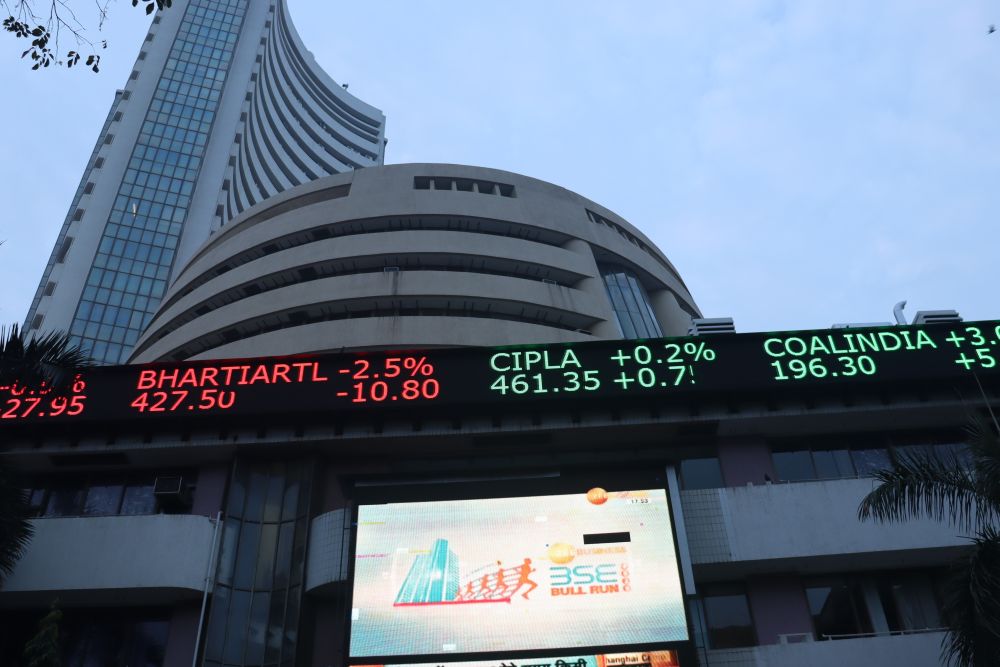
The British government injected a dose of green fever, if that’s not too crass a metaphor in the circumstances, into proceedings last week with a series of environmental initiatives as part of a bold new chapter in UK financial services. Just ahead of the Brexit deadline in a little over 30 business days.
It’s not just Brexit. The UK is hosting the COP26 climate change conference in a year’s time. That means the government had little choice but to jump on the sovereign green bond bandwagon to avoid looking foolish in front of the world’s green lobby. Time is running out.
Some have put the announcement a few days ago by Rishi Sunak, the UK chancellor of the exchequer (finance minister), that a green Gilt is on the cards down to political virtue-signalling. Especially bearing in mind the UK’s Debt Management Office (DMO), the agency responsible for the government debt issuance, has steadfastly avoided the issue of ESG sovereign debt on the basis it wouldn’t save taxpayers any money as investors would refuse to pay up to own it, and it would compromise the strategy of maintaining a relatively small number of large, liquid lines of stock.
That’s potentially a harsh interpretation. Even if the British government has indeed figured that it would be hard to sound credible on the COP26 stage around its stated claims of being a world leader in climate change without being able to point to a green bond, it doesn’t necessarily make the decision a poor one as the ESG theme gathers momentum in capital markets. Green debt doesn’t necessarily or even remotely need to be the centrepiece of any environmental or climate-change mitigation strategy but by the same token, it can hardly do any harm.
Sovereign green bonds contain no environmental additionality, i.e., it’s not as if projects earmarked for funding via proceeds of sovereign green bonds wouldn’t get financed anyway. In that regard, adding a green label in and of itself doesn’t necessarily add that much at the asset level.
But the label does bring vocal ESG capital into the tent. And there’s growing evidence that ESG debt can price and trade at better levels than conventional debt. That evidence is not conclusive, but it potentially weakens the DMO’s argument. Notwithstanding the fact that better pricing and trading levels are based on supply/demand dynamics rather than intrinsically on the green/not green factor, issuers can push for better levels if they enfranchise ESG funds.
I don’t think there’s much doubt that issuing sovereign green debt is a political decision with a fair amount of marketing value thrown in. For sellside investment banks, getting mandated to advise on, structure and get a senior underwriting ticket on marquee sovereign ESG trades is seen as a big deal with plenty of bragging rights. As is getting a big order filled on the buyside.
No doubt also the fact that Belgium, France, Germany, Hungary, Ireland, Luxembourg, Netherlands, Poland, Sweden, and the European Union itself have started down the path of issuing green and sustainable sovereign and supranational debt; that Denmark appointed green advisors in May; that Austria, Spain and Italy have all said they intend to issue sovereign green bonds in the short term while Portugal is working on procedural issues will not have been lost on British officials as a global audience closely watches developments in the new post-Brexit world of 2021.
Sunak didn’t just announce a green sovereign bond programme. That was just one part of a broader green roadmap the finance minister outlined to achieve the government’s 2050 net zero emissions target.
Aligning corporate disclosure with the Task Force on Climate-Related Financial Disclosures (TCFD) and making it mandatory by 2025, with a significant portion of mandatory requirements in place by 2023, is a big step. The government will create a UK green taxonomy (based on the EU taxonomy) that will create minimum standards and give investors real transparency around the financial impacts of corporate exposure to climate change. The UK government said it supports the proposal by accounting body the International Financial Reporting Standards (IFRS) Foundation to create a Sustainability Standards Board.
The environmental steps the finance minister announced are part of what he called a new chapter in UK financial services in a bid to ensure the UK remains, in his words, the world’s pre-eminent financial centre after Brexit. The UK government sees this as being key to driving to another of its anchor objectives: greening the international financial system.
Sunak wants the UK financial centre to maintain its pre-eminence on the basis of high standards and openness. Based on a new framework of global regulatory equivalence, he wants to attract overseas listings to the London Stock Exchange, improve the attractiveness of UK asset management, encourage investment in long-term illiquid assets such as infrastructure and venture capital, and build on the reputation of the UK as a fintech centre.
All positive-sounding initiatives. The fact that the UK financial services sector paid the government 76 billion pounds (US$100.47 billion) in taxation in the last fiscal year – a decent chunk of the government’s total corporate tax take – will certainly be playing into Sunak’s zeal.









